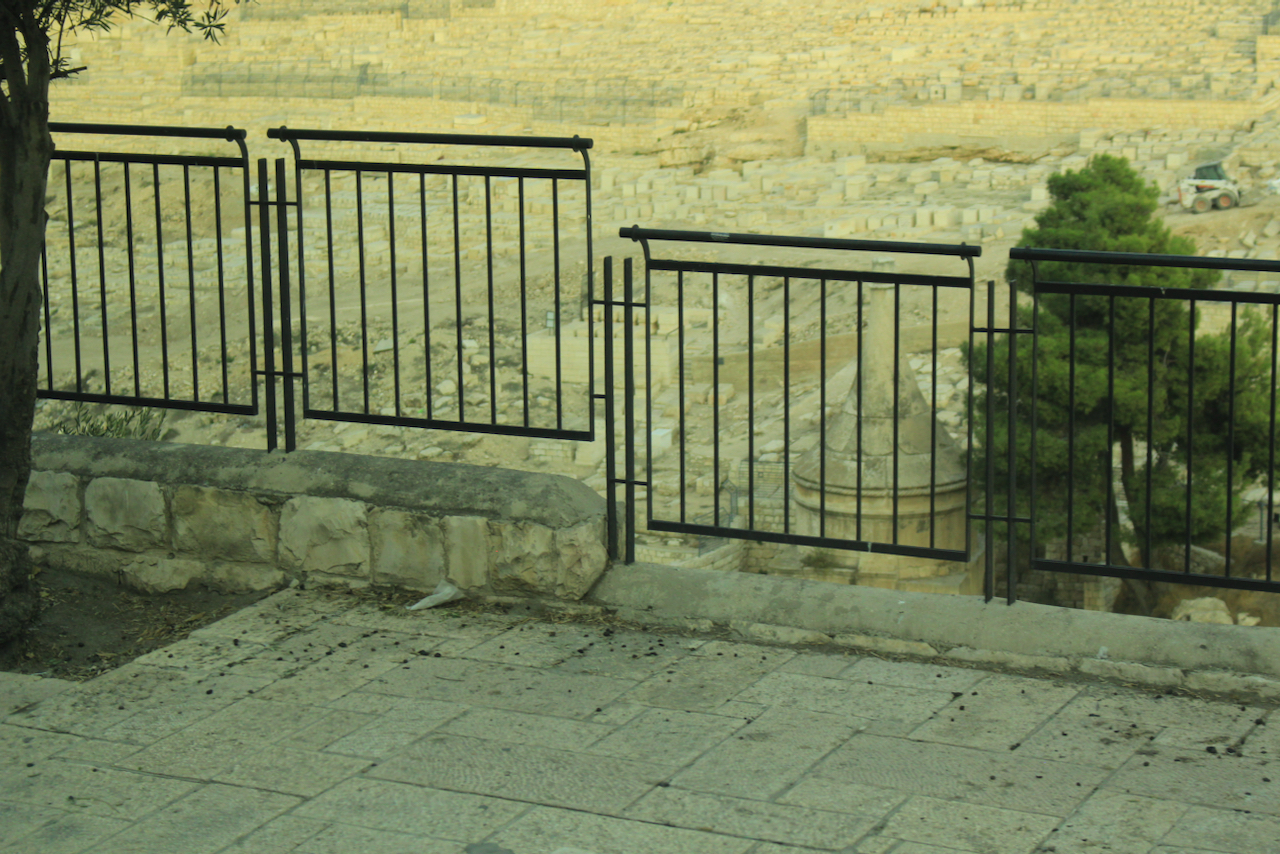The prophet Nathan had told David, “the sword shall never depart from your house” (2 Samuel 12:10). David had said that the man who had stolen the one lamb of another man had to pay four times over. Not realising he was speaking about himself he was actually predicting what would happen within his own family. Four of his sons would die as a result of his having Uriah killed.
The first to die was the baby that was conceived on his first night with Bathsheba. His second son to die was Amnon, the heir apparent to the throne of Israel – he was killed by his brother Absalom.
It was Absalom himself who was the third to die. He ended up usurping his father’s throne, having won over the hearts of the people, forcing David and those loyal to him to flee Jerusalem. This led to a brief period of civil war, with Absalom trying to defeat and kill his father while David’s troops were seeking to defeat Absalom to put David back on the throne. Before the battle commenced David had given an instruction to his commanders.
“The king commanded Joab, Abishai and Ittai, ‘Be gentle with the young man Absalom for my sake.’ And all the troops heard the king giving orders concerning Absalom to each of the commanders.” (2 Samuel 18:5 NIV)
Despite what the king said, when Joab came across Absalom hanging by his head from a tree he proceeded to execute him while he hung there. We see David’s love for his son in his reaction to hearing the news of Absalom’s death.
“The king was shaken. He went up to the room over the gateway and wept. As he went, he said: ‘O my son Absalom! My son, my son Absalom! If only I had died instead of you – O Absalom, my son, my son!’” (2 Samuel 18:33)
Despite the fact that his son had rebelled against him and even usurped his throne, David still loved him. Those of us who are fathers can understand this – love for a child despite what they may have done. Isn’t this also the love that God has for us? He loves us despite our sin against him (realising, of course, that all sin is against God).
“And for the whole army the victory that day was turned into mourning, because on that day the troops heard it said, ‘The king is grieving for his son.’ The men stole into the city that day as men steal in who are ashamed when they flee from battle…Then Joab went into the house to the king and said, ‘Today you have humiliated all your men, who have just saved your life and the lives of your sons and daughters and the lives of your wives and concubines. You love those who hate you and hate those who love you. You have made it clear today that the commanders and their men mean nothing to you. I see that you would be pleased if Absalom were alive today and all of us were dead.” (2 Samuel 19:2-3,5-6)
Joab did not understand the love David had for his son. People today often don’t understand the love Christians have for others or even the love God has for us. The way the world reacts is that you should treat others the way they have treated you – and this largely means that we need to hate those who hate us. But what did Jesus say?
“But to you who are listening I say: love your enemies, do good to those who hate you, bless those who curse you, pray for those who ill-treat you…Do to others as you would have them do to you…Be merciful, just as your Father is merciful.” (Luke 6:27-28,31,36)
May we learn to love others as God loves us.
Photo by Jon Galloway: top of Absalom’s monument, Kidron Valley, Jerusalem (not the one built by Absalom)
Readings for next week: 2 Samuel 18-23
- Do we want to be wise? - 2025-12-12
- Are we willing to speak up? - 2025-12-05
- What impact are we having? - 2025-11-28
